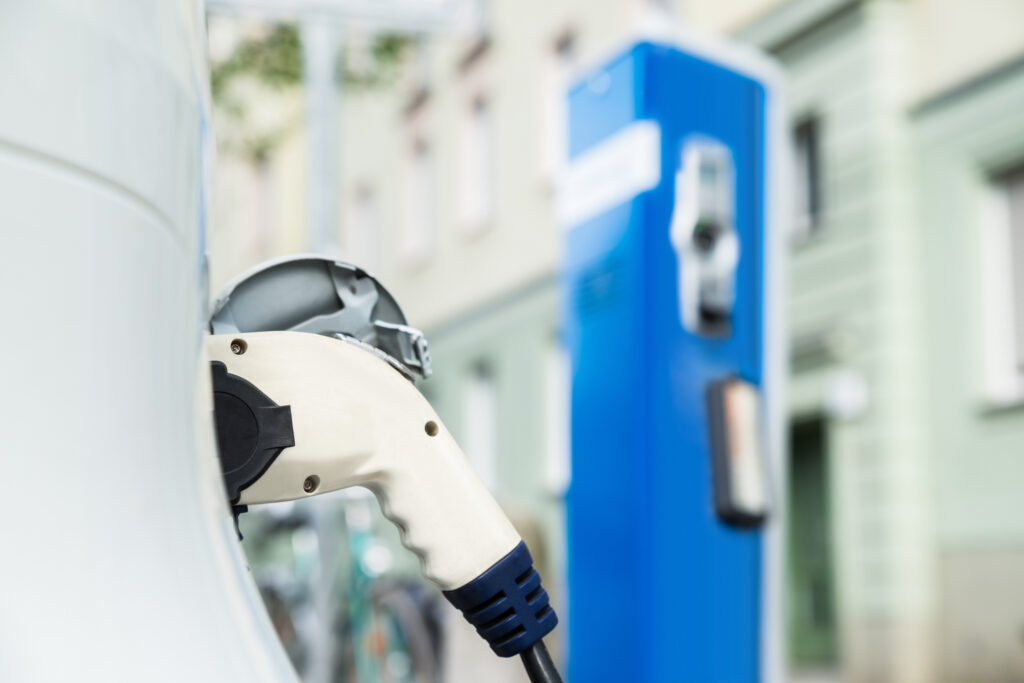Smart charging can be used to provide the flexibility needed to manage the growing demand on local grids prompted by rising take-up of electric vehicles, according to the initial findings of a landmark study.
Western Power Distribution’s (WPD) Electric Nation project is believed to be the world’s largest trial of its kind, with over 40 different makes and models of EVs used and offering free smart chargers to between 500-700 EV drivers.
Its preliminary findings, presented at Cenex’s Low Carbon Vehicle event this week, are based on almost 70,000 hours of charging data, and show that 48% of plug-in events begin between 5pm and midnight.
On average, these vehicles are plugged in for 12 hours, but are only charging for just over two hours. This suggests that there is likely to be sufficient flexibility to manage charging away from peak electricity demand periods.
The results come at the start of a tipping point for electric vehicles after the UK government announced plans to ban the sale of petrol and diesel cars and vans, with the Scottish government saying yesterday they would be phased out by 2032.
This has sparked a number of reports raising concerns over the impact of EVs on the UK power system following National Grid’s Future Energy Scenarios document. This estimated the additional system-wide peak electricity demand from electric vehicles would range from 6 to 18GW in 2050.
A number of mainstream publications jumped on these figures, with one stating the UK would need “ten new nuke plants” to cope, prompting National Grid to publish a ‘myth buster’ document.
However, the lower increase of 6GW is predicted when the use of smart charging and time of use tariffs is widespread, which is widely expected to grow in use as EV sales increase. Further reductions in peak electricity demand are also likely to be possible by vehicle to grid charging (V2G), which will also be tested by the Electric Nation project.
Mark Dale, innovation manager at WPD, said: “The UK government is looking to mandate smart charging, and the Electric Nation project is providing evidence about whether it will work.
“Research shows that at least 30% of Britain’s low voltage networks are likely to require investment by 2050 to charge EVs, costing at least £2.2bn. Our early findings suggest that smart charging could reduce, delay or avoid the need to upgrade or replace these networks.”
The project is ahead of schedule with recruitment, having received over 2,500 enquiries, which have translated to over 700 signed expressions of interest, of which over 400 have been approved, and over 350 smart chargers have now been installed.
The technology will be explored in detail throughout the rest of 2017 and 2018.





